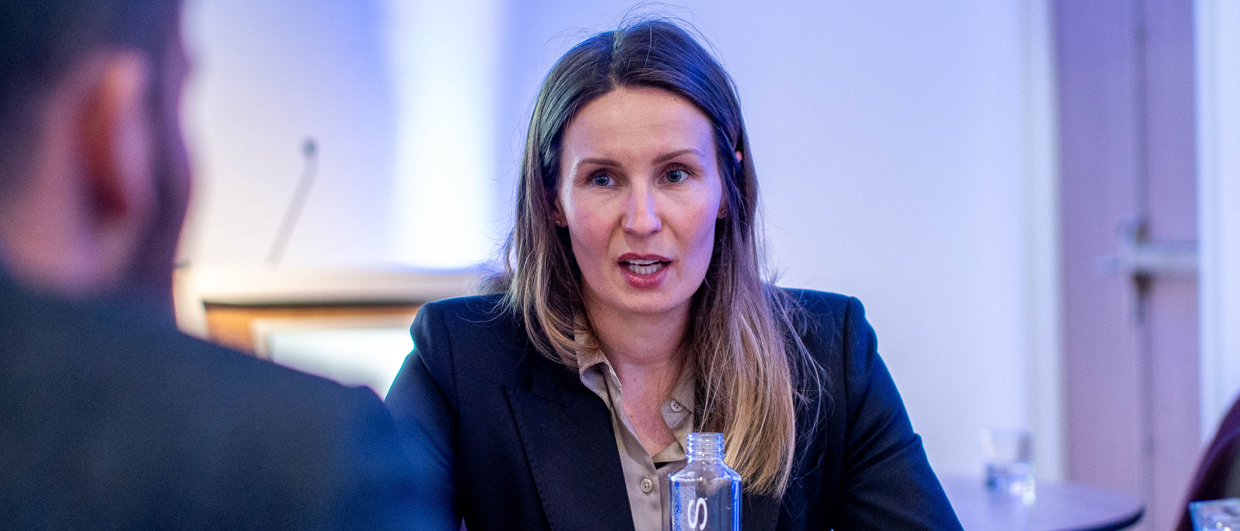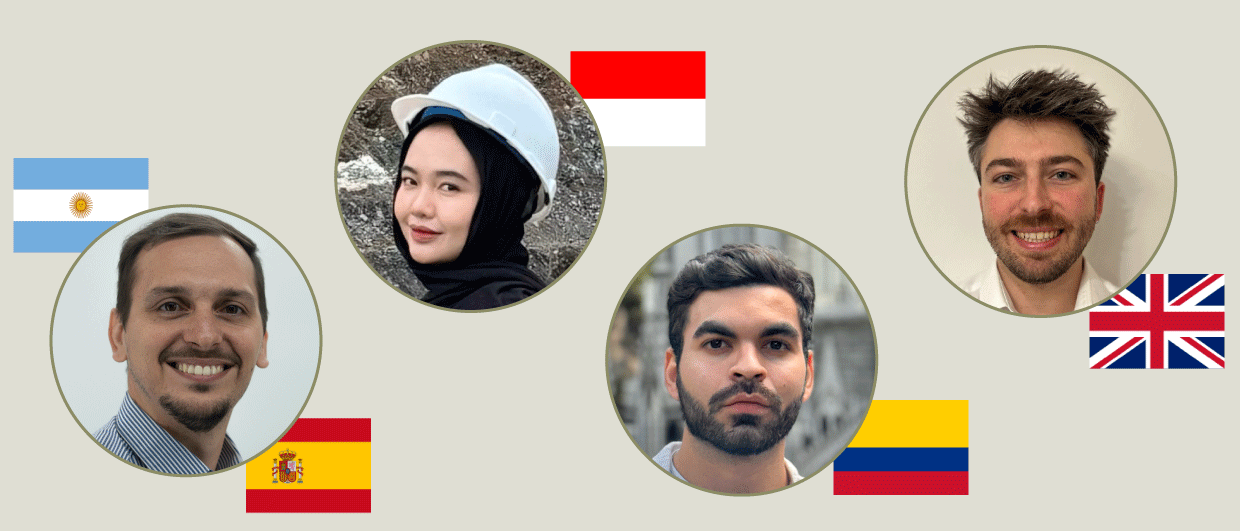“Let’s not forget that the oil and gas industry is not the sole source for the environmental problems the world is facing,” wrote one of the young professionals during the afternoon-long session organised by the Devex Conference YP committee in May 2025. It already paints a picture of the level of guilt experienced by the young geoscientists and engineers who recently joined the upstream business.
For the session, which took place in Aberdeen, Scotland, four presenters from various positions with connections to the industry were invited to share their views on how to communicate in today’s diverse landscape, with the aim to ultimately have a more balanced discussion about the role of the oil and gas sector in today’s energy mix.
The talks were followed by round-table conversations, and this write-up is a result of what was discussed, as a way to generate a tangible outcome of the conversations and to make the point that the oil and gas industry still attracts young people to work in. And that these people are not the climate-change deniers that some would expect them to be.

Dinner table discussions
Lucinda Layfield from Equinor gave an everyday example of the types of discussions young professionals face when being confronted with people who have a very different point of view. In her case, it was her father-in-law who challenged the role of the oil and gas industry in today’s society. Initially unprepared to counter the arguments made, she quickly realised that she needed a basic mental fact sheet for making a more informed case as to why oil and gas are still required, and that new field developments on the UKCS do not necessarily mean a blow to the UK’s carbon budget. In doing so, she felt much better prepared and even when her father-in-law would still disagree, she felt on more equal footing.
This experience was echoed by quite a few people in the audience who experienced similar situations, who also confirmed that having some facts at hand does help in setting the scene. At the same time, some participants mentioned that their background is very much rooted in oil and gas, which meant that they did not often find themselves in a confrontational situation like that. But regardless, facts over feelings were seen as important ways to make the point that switching off oil and gas tomorrow is not the way to go.
The role of social media
Christopher Banks from SLB made the point that we should be careful putting too much trust in social media as a vehicle to get the facts right. “Social media,” he said, “is designed to trigger a reaction from us, be it positive or negative, with the ultimate aim to spend as much time on the platform as possible.” This is an important observation, as it rightfully questions the integrity of social media as vehicles to source impartial views from.
This was further augmented by the views expressed by one of the YPs in the audience, who said that he and some of his peers have totally disengaged with social media because of the overall feeling that every post or article has something to sell. Instead, he set out how they go back to historical documents to better understand the present day. I was particularly interested to hear that, because it made me better understand the way some YPs look at the current communication landscape. It also made me appreciate why a YP recently turned down my offer to accept a copy of our magazine – I guess that, according to this student, it falls into the same category of “having something to sell”. The tone with which it was said was still fairly confrontational, though, but that is a by-the-by.
Energy crises
John Underhill from Aberdeen University, the most senior member of the team of presenters, remembered the times of the oil crises in the 1970’s and the energy rationing that followed as a result. “The North Sea bailed out the UK when these big fields were found and put on production,” he said, “and that seems to be completely forgotten about in today’s narrative.” In that sense, he also advocated to have a more balanced and factual view on the energy trilemma of energy security, affordability and sustainability, and that a cliff-edge policy does not seem a logical approach.
Realising that John is one of the few academics who has always been quite open about his support for the oil and gas industry, he operates in an academic landscape that is very much anti-oil. This has also been experienced by those students who showed an interest in working in this sector whilst studying at university. One participant noted that “university friends instigated a lot of discussions around the oil and gas industry, often fuelled by a student getting an internship or grad program in the industry. Often, it was the geoscience / environmental students who pushed back against the industry on the basis of morality.”
A future
What the round-table discussions really highlighted, first of all, is that there are still students out there who see the merit of working in the oil and gas industry, going against the tide that there is no future for this sector that continues to be scrutinized by the media and some members of the public. Most people seem to agree that a factual discussion is the most important way to make the case for an industry that still produces more than 80 % of the world’s energy, and that it is valid to sometimes be more vocal about that. YP’s working in oil and gas are not insensitive to calls for environmental concerns at all; they are the new voices of an industry that are worth being heard.



